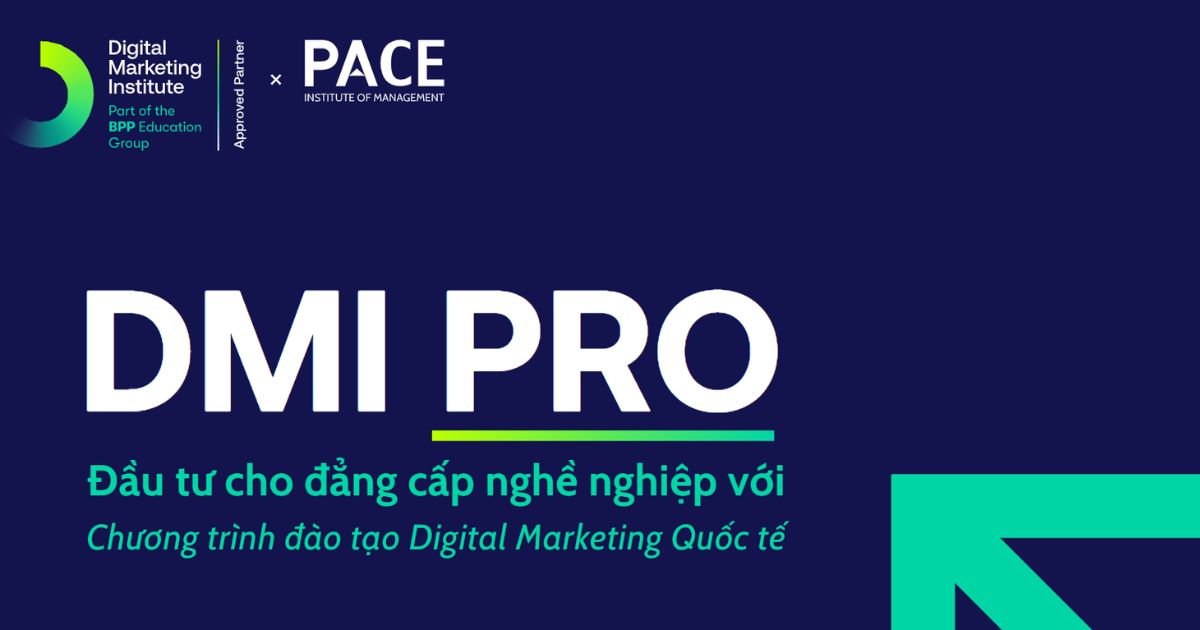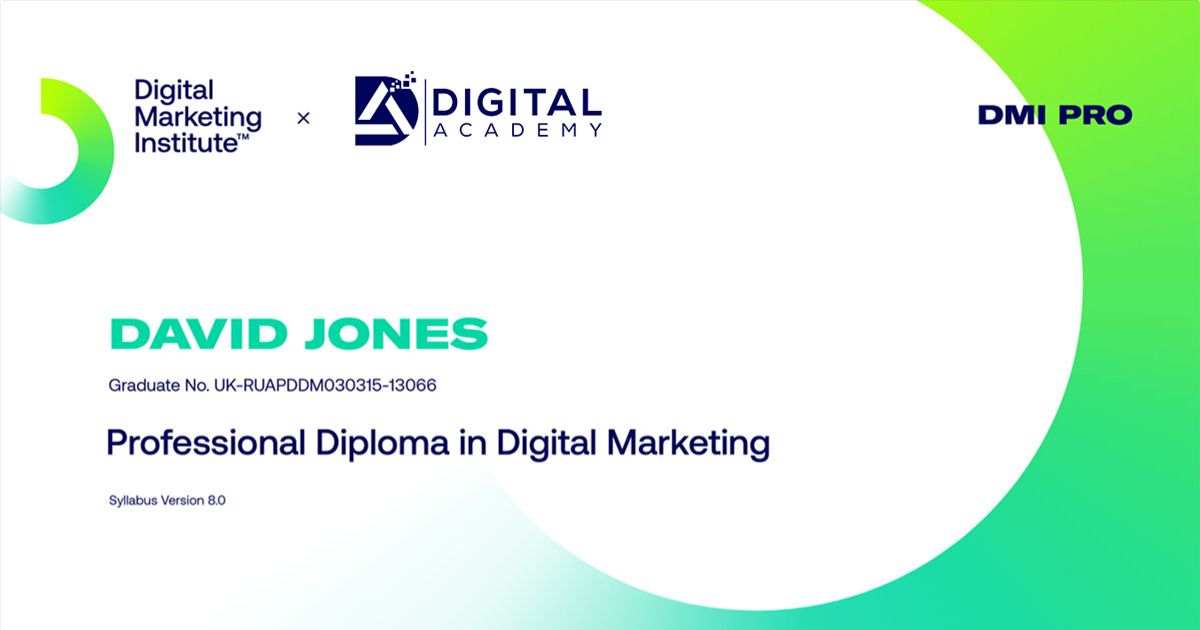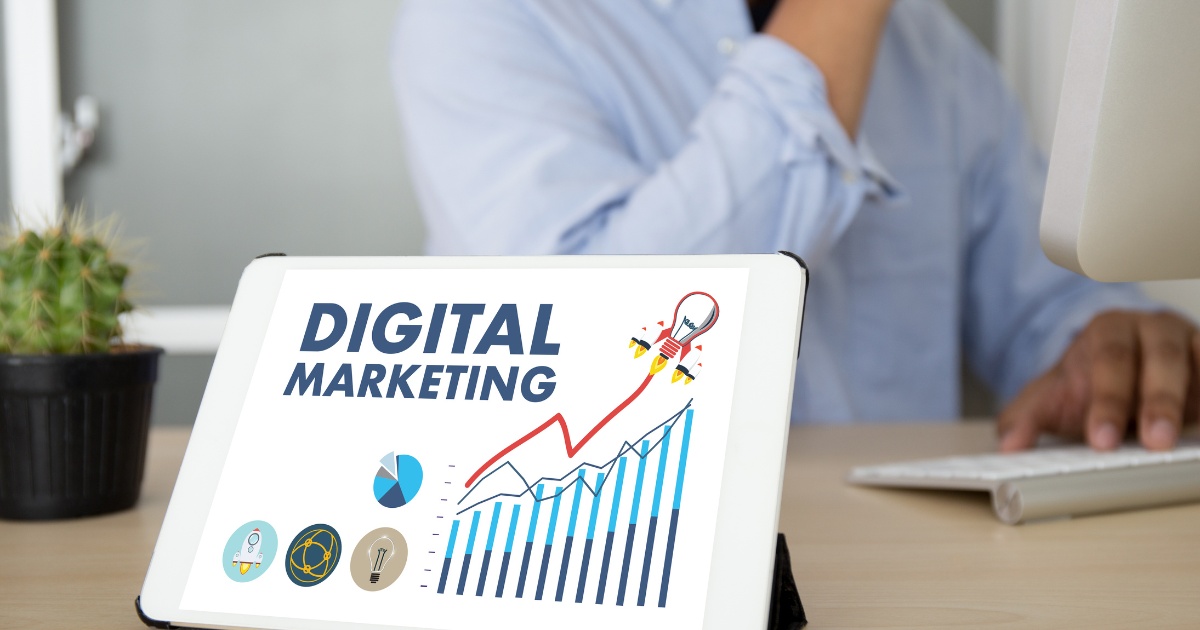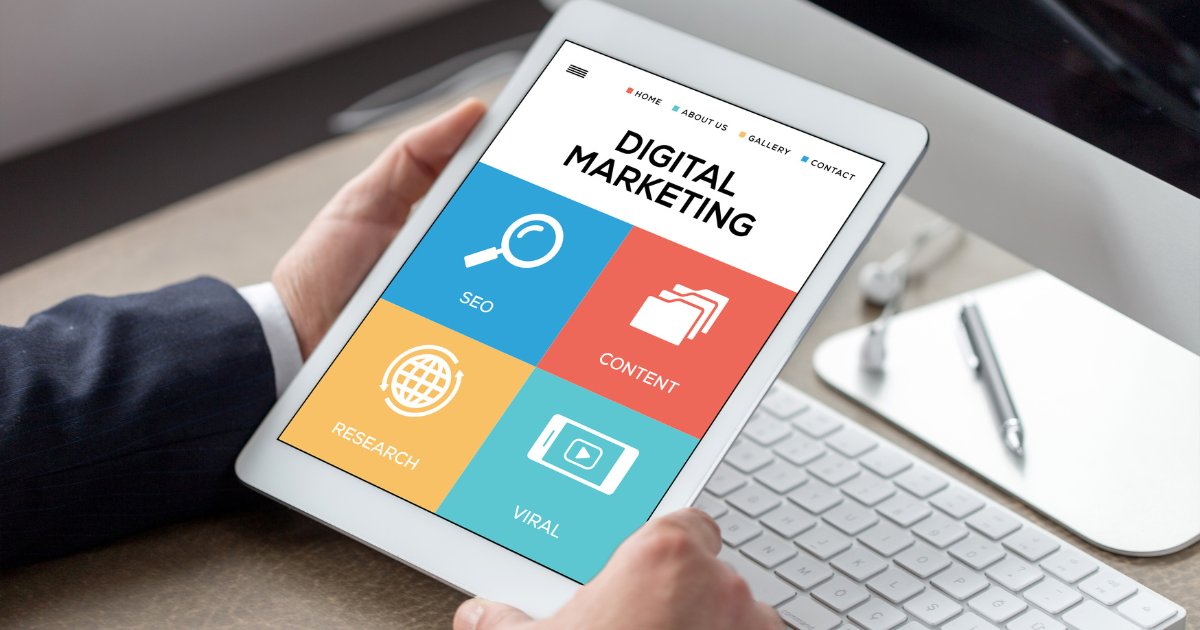Trở lại trang Blog


"So now marketers need to either step up into a different leadership position in the company and seize that mantel of leadership or someone else will.” (Photo: freepik.com)
So what does this mean for B2B marketing transformation in 2022? Forrester is predicting five key shifts:
1. Fragmented revenue marketing teams will consolidate in 20% of B2B firms – Wizdo explains, “Over the last couple of years, we have seen a delayed response to the fact that buyers don't become less digitally self-directed when they become customers. They still research their decisions about staying, renewing, expanding or extending. And so slowly the demand teams have been moving more toward thinking about the entire life cycle. We see that accelerating because COVID opened the door by decreasing the amount of face-to-face and in-person engagement and increasing the amount of digital.” Instead of separate lead generation and customer marketing teams, many organizations are consolidating into a unified revenue marketing team that embraces the total customer lifecycle. It will leverage ABM and other digital marketing techniques to engage with prospects and customers at every stage of the purchase and post-purchase process.
2. For the first time, CMOs stake a claim on partner experience (PX) – B2B buyers often turn to channel partners to help plan, buy and deploy complex products. “There is increasing awareness by CMOs of the importance of partners in the B2B buying process which is leading to a mindset change. They are saying ‘Okay, we need to be paying as much attention to enabling and making sure our partners are happy as we do to our direct sales channels. Because they're just as important to our overall revenue and customer satisfaction,’” shared Wizdo. This is leading CMOs to start thinking more strategically about their partners, who they target, who they recruit as partners, and how to best retain them. As a result, there will be an increasing emphasis on providing partners a great experience, making the relationship seamless and frictionless for them.
3. Three-quarters of personalized engagement strategies will not meet ROI goals – After years of investing in technologies to deliver more personalized messages and experiences, marketers are still not seeing the returns. So what’s the problem? “What makes personalization powerful is how much value you are adding to me as the buyer in helping me through my journey,” declared Wizdo. Understanding what industry a buyer is in is helpful but not enough. “Really understanding the problem I'm trying to solve, where am I in my journey, the kind of buying team that I'm part of and my role in the unit. These are all things that are necessary. B2B markets have a long way to go in perfecting their segmentation strategies, their customer-centricity and their journey analysis,” cautioned Wizdo. Without insightful and actionable empathy for unique individuals, personalization strategies will continue to miss the mark.
4. Marketing-sourced metrics spiral downward toward irrelevance – For years, B2B CMOs demonstrated their value to the organization by answering this question – “what was marketing’s contribution to pipeline?” While this metric was measurable and easy to understand, it underrepresented the true impact marketing could and should be making to the business. Wizdo puts it this way, “The fact of the matter is that marketing provides value in accelerating deals because our brand is so strong. Marketing provides value in improving conversion ratios because we thought the journey through and we've personalized the engagement strategy and improved the velocity of the end-to-end process. Marketing adds value because we are providing that great partner experience that creates a great partner ecosystem. There are more nuanced ways to demonstrating how we're impacting the revenue stream.”
5. The Great Resignation will give rise to the fractional marketing practitioner – COVID-driven work-from-home dynamics have employees across the country reassessing how and where they want to work. This reevaluation is leading to the phenomenon dubbed the Great Resignation and marketing departments will not be immune to it. Wizdo illustrates, “We're seeing clients in places like the midwestern having trouble keeping the talent they've built because their team members can get 25% more by working remotely for a New York agency. The distance and untethering from our geographies give people a lot more options and they will minimize their pain and maximize their gain. So, there will be some stress on those internal competencies.” This will lead CMO to create more virtual team members by using freelance talent, fractional executives and agency partners in new ways. Incorporating these extended team members as part of a fully functioning organization will require new approaches to collaboration and breaking down barriers between full-time employees (FTEs) and non-FTE team members.
These five predictions will have a major impact on B2B marketers if they do come to fruition. What other changes do you anticipate for 2022?

5 PREDICTIONS FOR 2022 THAT MAY SPOOK B2B MARKETERS
Forrester Research has just released its B2B marketing and innovation predictions for 2022 and some of them may be unexpected. According to Lori Wizdo, vice-president and principal analyst at Forrester, these prognostications reflect the changing role of marketing at B2B firms. She shared the firm’s view that was published in its “Future of B2B Marketing” report that came out earlier this year.
“Marketing’s purpose is to lead the B2B organization’s quest to identify opportunities, architect strategies, orchestrate execution, and ensure profitable revenue growth, through a relentless focus on delivering value to existing and future customers and stakeholders,” she recapped. This reflects a shift from B2B marketing’s historic focus on brand stewardship, lead generation and sales support.
She elaborated, “As B2B companies make the shift to customer-centricity, marketing is really in the catbird seat. Marketers need to realize that there's been a pivot and they need to seize this opportunity. These shifts were accelerated by COVID. There's been a lot of disruption in how companies engage with audiences, clients and customers. So now marketers need to either step up into a different leadership position in the company and seize that mantel of leadership or someone else will.”
“Marketing’s purpose is to lead the B2B organization’s quest to identify opportunities, architect strategies, orchestrate execution, and ensure profitable revenue growth, through a relentless focus on delivering value to existing and future customers and stakeholders,” she recapped. This reflects a shift from B2B marketing’s historic focus on brand stewardship, lead generation and sales support.
She elaborated, “As B2B companies make the shift to customer-centricity, marketing is really in the catbird seat. Marketers need to realize that there's been a pivot and they need to seize this opportunity. These shifts were accelerated by COVID. There's been a lot of disruption in how companies engage with audiences, clients and customers. So now marketers need to either step up into a different leadership position in the company and seize that mantel of leadership or someone else will.”

"So now marketers need to either step up into a different leadership position in the company and seize that mantel of leadership or someone else will.” (Photo: freepik.com)
| See also: 8 strategies to recognize and respond to weak signals of market change What’s the right customer experience for your brand? |
1. Fragmented revenue marketing teams will consolidate in 20% of B2B firms – Wizdo explains, “Over the last couple of years, we have seen a delayed response to the fact that buyers don't become less digitally self-directed when they become customers. They still research their decisions about staying, renewing, expanding or extending. And so slowly the demand teams have been moving more toward thinking about the entire life cycle. We see that accelerating because COVID opened the door by decreasing the amount of face-to-face and in-person engagement and increasing the amount of digital.” Instead of separate lead generation and customer marketing teams, many organizations are consolidating into a unified revenue marketing team that embraces the total customer lifecycle. It will leverage ABM and other digital marketing techniques to engage with prospects and customers at every stage of the purchase and post-purchase process.
2. For the first time, CMOs stake a claim on partner experience (PX) – B2B buyers often turn to channel partners to help plan, buy and deploy complex products. “There is increasing awareness by CMOs of the importance of partners in the B2B buying process which is leading to a mindset change. They are saying ‘Okay, we need to be paying as much attention to enabling and making sure our partners are happy as we do to our direct sales channels. Because they're just as important to our overall revenue and customer satisfaction,’” shared Wizdo. This is leading CMOs to start thinking more strategically about their partners, who they target, who they recruit as partners, and how to best retain them. As a result, there will be an increasing emphasis on providing partners a great experience, making the relationship seamless and frictionless for them.
3. Three-quarters of personalized engagement strategies will not meet ROI goals – After years of investing in technologies to deliver more personalized messages and experiences, marketers are still not seeing the returns. So what’s the problem? “What makes personalization powerful is how much value you are adding to me as the buyer in helping me through my journey,” declared Wizdo. Understanding what industry a buyer is in is helpful but not enough. “Really understanding the problem I'm trying to solve, where am I in my journey, the kind of buying team that I'm part of and my role in the unit. These are all things that are necessary. B2B markets have a long way to go in perfecting their segmentation strategies, their customer-centricity and their journey analysis,” cautioned Wizdo. Without insightful and actionable empathy for unique individuals, personalization strategies will continue to miss the mark.
4. Marketing-sourced metrics spiral downward toward irrelevance – For years, B2B CMOs demonstrated their value to the organization by answering this question – “what was marketing’s contribution to pipeline?” While this metric was measurable and easy to understand, it underrepresented the true impact marketing could and should be making to the business. Wizdo puts it this way, “The fact of the matter is that marketing provides value in accelerating deals because our brand is so strong. Marketing provides value in improving conversion ratios because we thought the journey through and we've personalized the engagement strategy and improved the velocity of the end-to-end process. Marketing adds value because we are providing that great partner experience that creates a great partner ecosystem. There are more nuanced ways to demonstrating how we're impacting the revenue stream.”
5. The Great Resignation will give rise to the fractional marketing practitioner – COVID-driven work-from-home dynamics have employees across the country reassessing how and where they want to work. This reevaluation is leading to the phenomenon dubbed the Great Resignation and marketing departments will not be immune to it. Wizdo illustrates, “We're seeing clients in places like the midwestern having trouble keeping the talent they've built because their team members can get 25% more by working remotely for a New York agency. The distance and untethering from our geographies give people a lot more options and they will minimize their pain and maximize their gain. So, there will be some stress on those internal competencies.” This will lead CMO to create more virtual team members by using freelance talent, fractional executives and agency partners in new ways. Incorporating these extended team members as part of a fully functioning organization will require new approaches to collaboration and breaking down barriers between full-time employees (FTEs) and non-FTE team members.
These five predictions will have a major impact on B2B marketers if they do come to fruition. What other changes do you anticipate for 2022?
Source: Forbes
|
|
| CLICK HERE |
RELATED ARTICLES
You define your career path.
We will support the journey!
We will support the journey!

BE ONE OF THE FIRST
VIETNAMESE MARKETERS TO GAIN
THE DMI’S CDMA CERTIFIED & JOIN THE
GLOBAL DIGITAL MARKETERS COMMUNITY
VIETNAMESE MARKETERS TO GAIN
THE DMI’S CDMA CERTIFIED & JOIN THE
GLOBAL DIGITAL MARKETERS COMMUNITY









